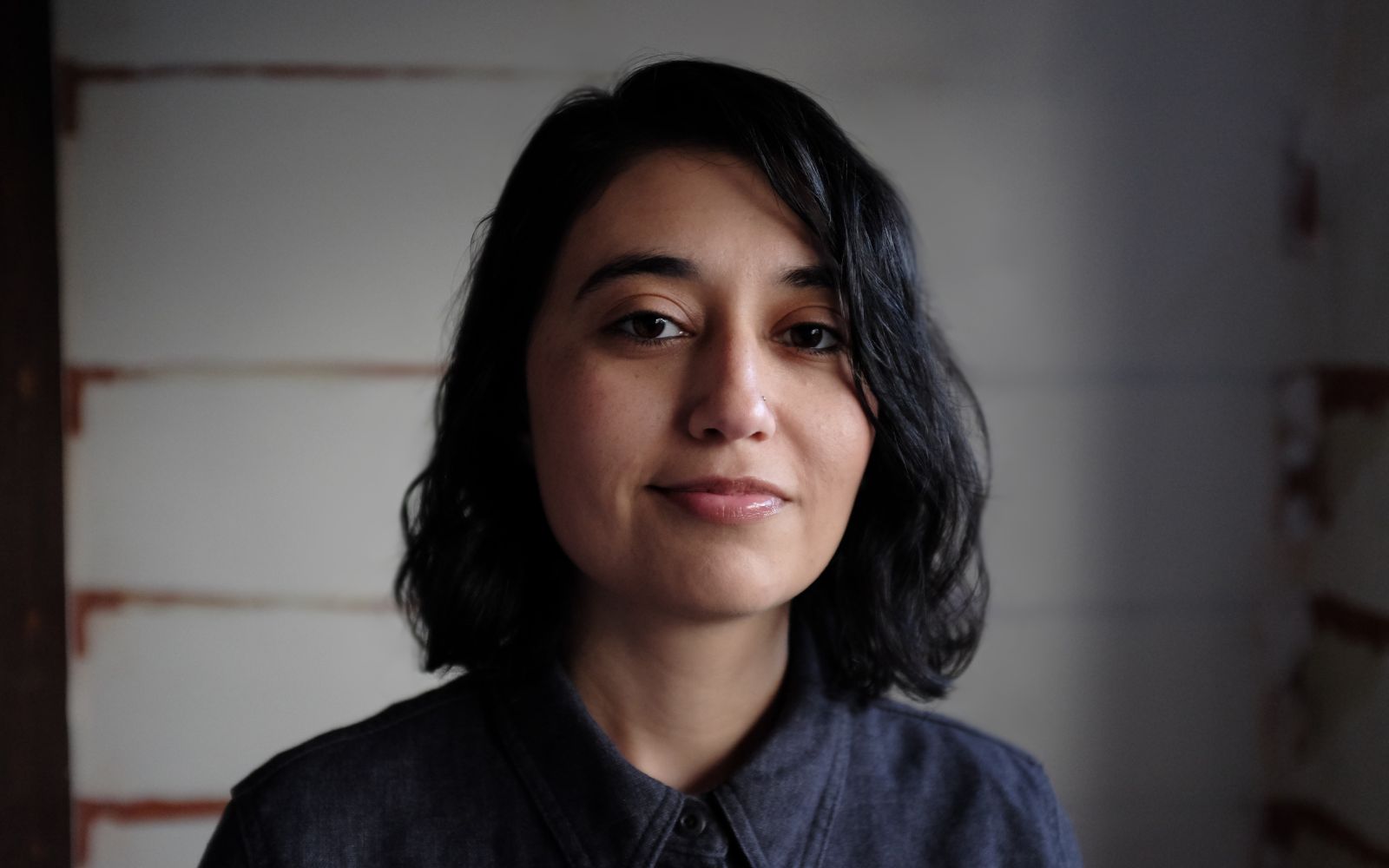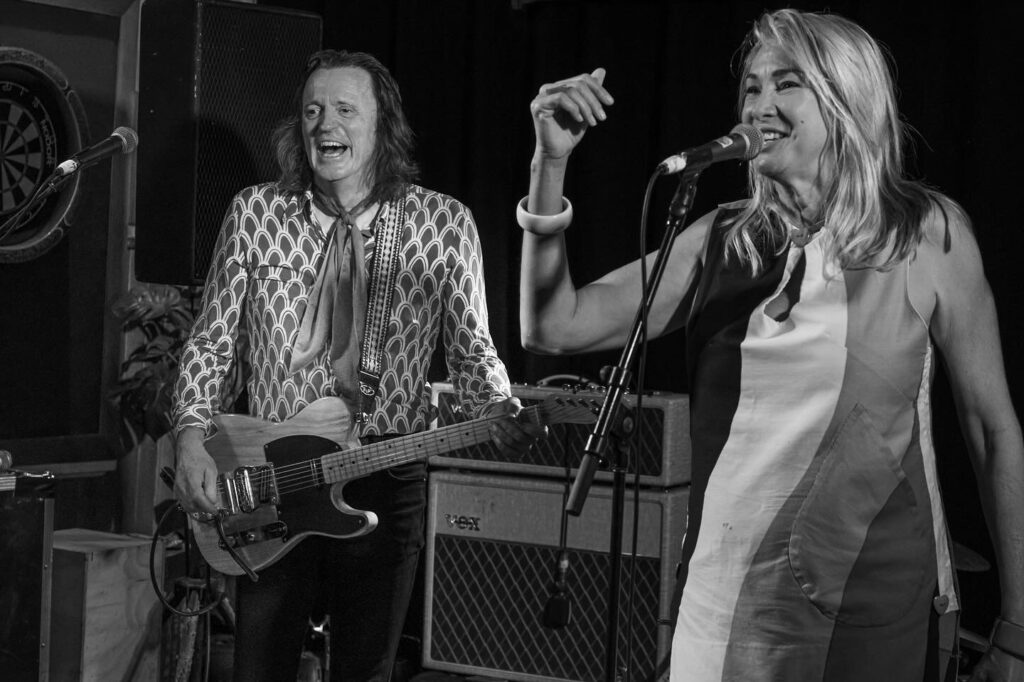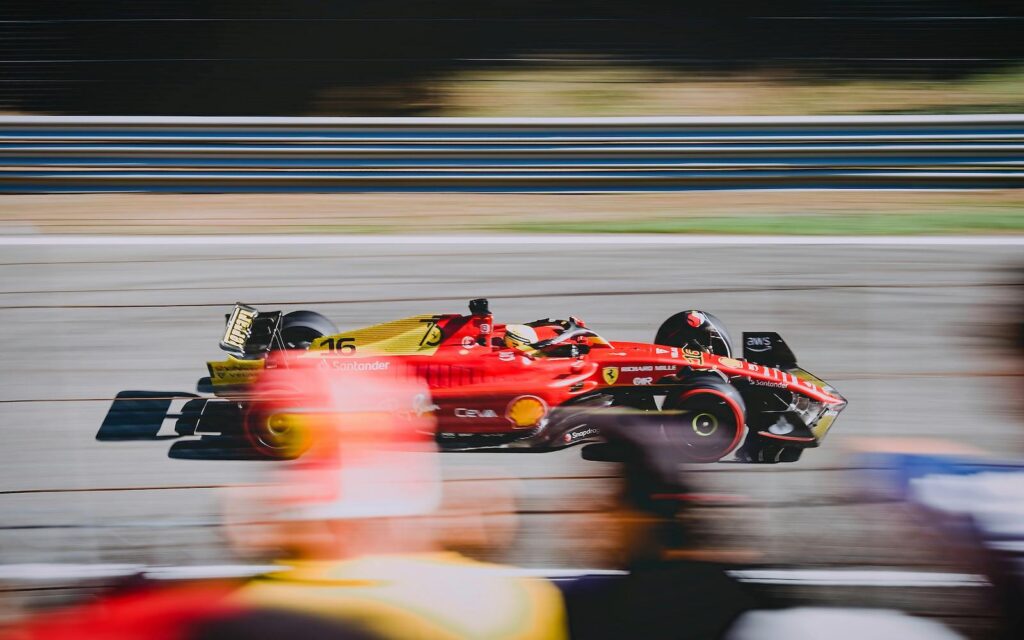In September of last year, the phrase ‘Woman. Life. Freedom’ echoed around the globe.
After the fatal beating of 22-year-old Iranian Mahsa Amini by the country’s morality police, women in Tehran and beyond took to the streets in their thousands to protest the oppressive regime they live under.
To protest there brings with it a very real risk of execution and hundreds – more than 500, human rights organisations calculate – met with that fate. Despite this, the protests continued for weeks that became months and the social media footage showed the world the extraordinary strength, resilience and almost unfathomable courage of Iranian women.
Find Melbourne’s latest film, TV, literature and gaming news here.
While these revolutionary women may have been something of a revelation to the Western world, Noora Niasari already knew this. Tonight, her debut feature-length film Shayda opens the 71st Melbourne International Film Festival (MIFF) and it’s dedicated “to my mother and the brave women and girls of Iran”.
“When I was five years old, my first experience of freedom was inside an Australian women’s shelter, living alongside other women and children seeking a life without fear,” explains Niasari, who was born in Tehran.
“Women like my mother were ostracised for seeking basic human rights. The right to ask for divorce, to have custody over their children, to choose how they dress, to dance in the streets, to let their hair flow in the wind and exhale. That’s all my mother wanted, these basic freedoms, for herself and for her daughter,” the writer-director says.
Shayda, which stars Zar Amir Ebrahimi in the title role and Selina Zahednia as six year old Mona, draws largely from Niasari’s personal story. The film, set in Melbourne in 1995 and shot here during winter last year, is both beautiful and harrowing, as it juxtaposes a mother’s determination to create a tender, loving and safe childhood for her daughter against the reality of escaping a violent and possessive man, which is complicated by social pressure from her community.
“It is emotionally true to our real-life experience,” says Niasari, who adapted her mother’s unpublished memoir to write the screenplay and has collaborated with her throughout the creative process, as well as the shelter manager.
In Shayda, that character is by Leah Purcell. “Joyce is very much based on the real life shelter manager, who we’re still friends with. She’s kind of like a godmother to me, and she was involved in the process as well as my mum.”
Once renowned Australian script editor Lynne Vincent McCarthy became involved, Niasari says they began looking for the “cinematic potential of the story beyond the exact details of our lives”, which means there are some dramatic flourishes, which she had to handle carefully with her mother.
“It was a very intimate process. She sometimes struggled to separate reality from fiction.”
“It’s challenging when you’re making a film about mothers and daughters, you want it to have that uplifting spirit, you want it to capture audience’s hearts but it’s navigating my actual relationship with my mother,” says Niasari, who said ultimately that part of the process was rewarding every step of the way.
Those personal rewards are also translating to professional ones as well. Having switched from architecture to cinema, Niasari first began making documentaries in Wales, Lebanon, and Chile, before completing a Masters of Film & Television at VCA, where her focus shifted to the Iranian diaspora community.
Her previous shorts include Casa Antúnez, The Phoenix (Simorgh), Waterfall and Tâm, a 12-minute one-shot thriller, which had a local film critic describe her as “an emerging filmmaker with formidable potential. If her recent works are any guide, she’s on her way to a brilliant career.”
Cate Blanchett saw that potential in Niasari, coming on board as executive producer of Shayda in 2021 with her Dirty Films production company. When the two discussed the film over Zoom, Niasari says “the way that she engaged with the script and with me, it was remarkable. I felt very seen by her, I felt incredibly held by her and she trusted me, she trusted my vision, and that gave me a lot of confidence.”
Blanchett’s endorsement also gave other financiers confidence, which helped secure further funding which ensured the film would be made. As a result, this deeply personal yet universal story is going to have a truly international audience.
Shayda will be making its European premiere next weekend, closing the Locarno Film Festival in Switzerland, and have its national theatrical release across Australia on 28 September. With Sony Pictures Classics snapping up all media rights, audiences in North America and Latin America plus parts of Europe and the Middle East will get to see the film.
For those who missed getting tickets to the sold-out MIFF screening tonight, encore screenings are planned and Shayda will also be part of MIFF Regional, screening in Castlemaine on 18 August, with a Filmmaker Talk featuring Niasari on 20 August.
It all began, though, at the famed Sundance Film Festival in the US, where the film had its world premiere and won the Audience Award in the World Cinema Dramatic Competition. “We had seven screenings there, like full-packed cinemas,” recalls Niasari, who had her mother join her.
“That was really special, she was even involved in some of the Q &As for the film. When she was leaving Utah, she hugged me and said it was the best experience of her life. She just felt so seen, it was very affirming,” says Niasari.
“It was very cathartic, for both of us, to feel that the film was beyond us. It was beyond our story. It’s a universal story. It touched so many different types of people, not just women. There were men who were in tears at the end coming up to me, thanking me, from all different cultures,” she says. “It’s been a very heartwarming experience”.
Find out more about Shayda and view the full MIFF program here.







